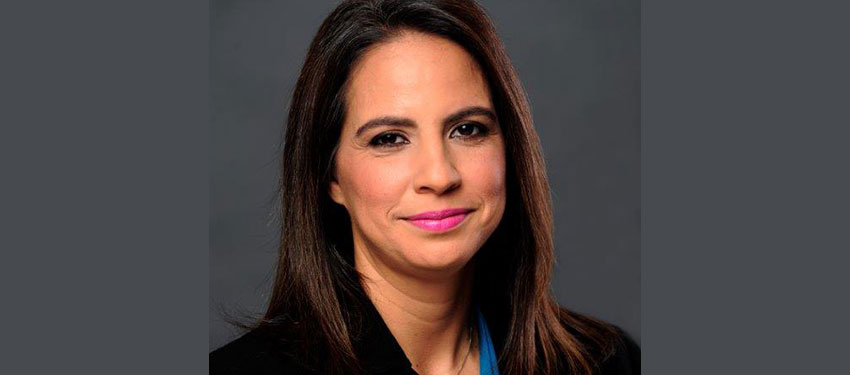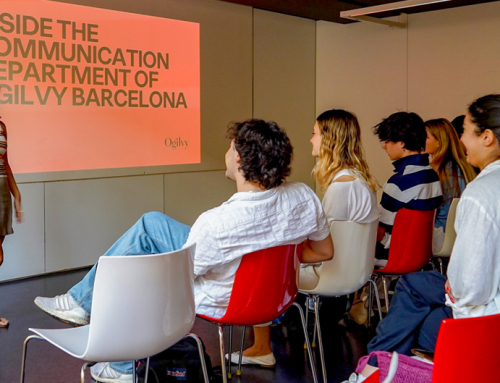On Wednesday, November 30, Lynn Carrillo, Vice President, Legal, NBCUniversal News Group and University of Miami School of Law graduate, spoke to members of the Media Management Association about the role of sexual harassment in the modern workplace, especially within the media industry. She is also an adjunct professor in the Department of Journalism and Media Management.
Carrillo talked about how sexual harassment refers to “unwelcomed sexual attention,” be it physical (e.g., grabbing), verbal (e.g., joke), or visual (e.g., video). She further explained that an unintentional rub against someone might be unwelcomed but would not likely constitute a form of sexual harassment.
Carrillo drew on real life examples and showed a quote from a case study which illustrated that sometimes when, young media professionals start out at their first job, there can be a tremendous amount of pressure not to report unwanted sexual advances from superiors. However, “if it makes you feel uncomfortable, that is reason enough to say something. [You have rights], no matter how young or inexperienced.”
She further discussed the recent lawsuit by former Fox News anchor Gretchen Carlson against former Fox News Chairman and CEO Roger Ailes to demonstrate the issue of sexual harassment in the media industry. She also explained the relevance of “vicarious liability,” which occurs when the company is found responsible for the inappropriate actions of its employees, including executives. Carrillo noted that the executive could still receive a contractual severance package larger (a so-called “golden parachute”) than the amount of the actual settlement. In that case, the media company would be in the unenviable position to have to compensate both the victim and the alleged perpetrator.
Carrillo also mentioned the Harvard Business Review article which discusses how with that with the normalization of texting and e-mail as a form of professional communication, anonymity has led to a fertile ground for aggression and harassment. She reminded students of the fragile environment of social media, and that everything once posted online could find its way back to them in the future. She reminded students to think of “What online footprint are you leaving?” In the context of electronic communications, Carrillo issued a final piece of advice: “Take the high road. Act in an appropriate manner, no matter what anyone else does. Don’t be reactive”.






